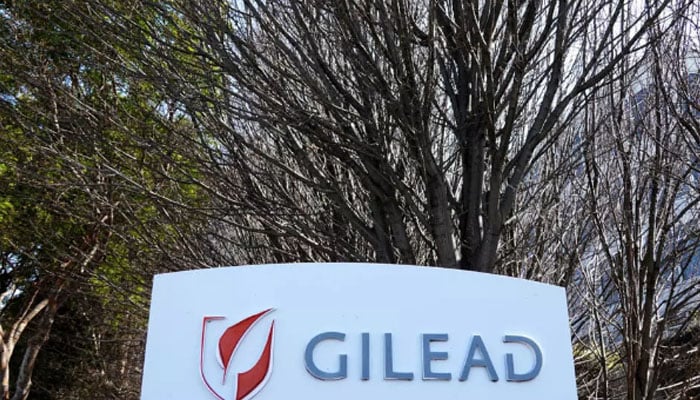 |
| Gilead Sciences in Oceanside, California, US. — AFP |
Gilead and Global Fund Finalize Plan to Deliver HIV Prevention Drug to Poor Countries
In a landmark agreement, Gilead
Sciences and the Global Fund to Fight AIDS, Tuberculosis and Malaria
have finalized a plan to provide the new HIV prevention drug lenacapavir
to people in low-income and lower-middle-income countries. This major move
promises to reach up to 2 million people over three years with a
long-acting injectable treatment offered at cost. Reuters+1
Lenacapavir, approved by the U.S. Food
and Drug Administration in June 2025 as a twice-yearly injectable PrEP
option, represents one of the most significant advances in HIV prevention in
decades. Reuters+2The Global Fund+2
For many countries, access to such prevention tools has lagged far behind that
of high-income nations; this agreement aims to change that gap. The Global Fund+1
Under the agreement, Gilead will supply
enough doses to reach up to 2 million people in Global Fund-supported
countries, and will do so “at no profit”, until generic versions can
fully scale up production. Gilead+1 The license to
generic manufacturers—royalty-free for 120 high-incidence, resource-limited
countries—will help in long-term affordability. Gilead+2Gilead+2
Why Lenacapavir Is a
Game-Changer in HIV Prevention
One of the key features making this
plan so promising is that lenacapavir is long-acting. Instead of daily
pills, people will receive an injection twice a year. For many who struggle
with daily adherence, or who live in areas where frequent clinic visits are
difficult, this is a major advantage. The Global Fund+1
Another benefit: it may especially help
pregnant and breastfeeding women, adolescent girls, and other
populations where stigma or access are barriers to oral PrEP. Gilead+2The Global Fund+2
Governments in sub-Saharan Africa have
already shown strong interest. South Africa, as well as several other
high-HIV-incidence countries, are prioritized for early rollout. One country in
Africa is expected to receive initial doses by the end of 2025. Reuters+1
Challenges: Funding,
Licensing, and Scale
Even with the agreement in place,
several challenges remain before lenacapavir for PrEP becomes widely
accessible. One is the speed of generic manufacturing and regulatory
approvals. The royalty-free licenses for generic drugmakers are in place,
but production and approvals take time. Gilead+1
Another challenge: the United States
government’s HIV prevention aid program, PEPFAR, is facing funding strains.
Though this plan proceeds despite those strains, cuts in PEPFAR or related
global health funding risk slowing implementation. Reuters+1
Also, while many countries benefit
under the generic licensing agreements, some middle-income countries not
included in those agreements may still face high prices or delays. Tiered
pricing and public-private partnerships are being discussed as ways to expand
access. Gilead
What This Means for
HIV Prevention in Poor Countries
For people in low-income countries who
have long relied on oral PrEP, condom distribution, and medical male
circumcision, this injection could substantially reduce new infections.
Long-acting PrEP tools like lenacapavir offer more convenience, better
adherence, and less frequent visits to health centers—all crucial in
settings where health infrastructure is weak. The Global Fund+1
From a global public health
perspective, the agreement aligns with goals to reduce HIV incidence
significantly, especially in high-burden regions. It is also an example of how innovative
medicines can be shared more equitably, when companies work with global
health organizations.
Gilead’s CEO, Daniel O’Day, said this
strategy reflects the ambition to get lifesaving drugs to areas most in need, where
the epidemic continues to claim lives. Gilead
Outlook: What Comes
Next
Over the coming months, attention will
turn to how quickly countries can navigate regulatory approvals and logistics.
Deliveries are expected to start by the end of 2025 in certain African nations.
Meanwhile, more countries are being assessed based on HIV incidence and
national prevention plans to determine priority rollout. Reuters+1
Funding gaps remain a concern,
particularly from donor nations and organizations. Many global health experts
are calling for increased support to ensure that the promise of lenacapavir
reaches two million people as targeted. Gilead+1
Crucially, advocacy from communities
affected by HIV will play a role in ensuring transparent pricing, removal of
license barriers, and that generic versions become accessible without undue
delay. If successful, this plan could reshape HIV prevention efforts in dozens
of countries and help bring new hope to millions.
